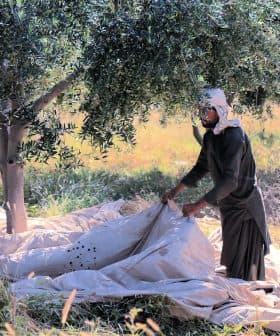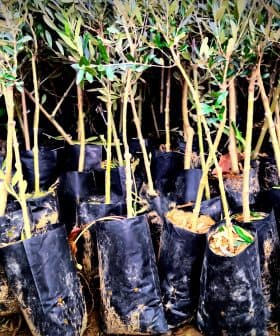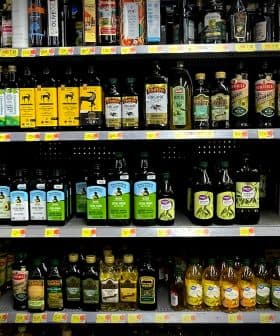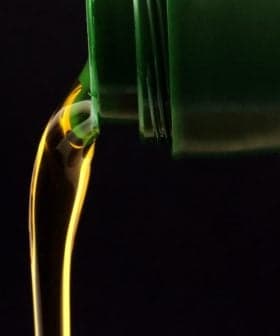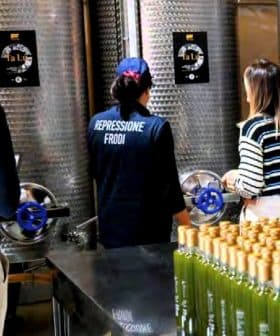Seville Meeting Asks "What Do Consumers Know About Olive Oil?"
The annual conference hosted by Oleo in Seville will address consumer knowledge of olive oil quality, EU rules on deodorized oil, and quality testing methods, while aiming to increase consumer awareness of olive oil’s health benefits and types. The event will feature discussions on improving labeling, maintaining panel testing, and addressing controversies surrounding the new EU regulations, with presentations from industry experts and government officials.
How much consumers know about the quality of olive oil, and controversial new EU rules designed to crack down on deodorized oil are on the agenda of a new annual conference being held tomorrow (May 31) in Seville.
Hosted by the olive oil sector magazine Oleo, it will also scrutinize current quality testing methods, the pros and cons of panel tasting, and what information bottle labels should carry.
Oleo editor Nieves Ortega said there had been a marked improvement in the overall quality of Spanish olive oil in recent years. Consumers, however, remained unaware of this and also of olive oil’s health benefits and different types. It is for these reasons that the conference title is the Spanish equivalent of “What do consumers know about the quality of olive oil?”
Ortega said, when asked to name the different types of olive oil, three in four Spaniards claimed to know the answer but actually just 3 percent got it right. Research also showed that nearly 90 percent of Spanish consumers did not know what a single varietal olive oil was. This comes despite bottle labels stating origins and olive varieties in recent years.
The conference will consider the different responsibilities at every level of the value chain for transmitting information to consumers about quality, thereby helping increase the status, and ultimately the price, of olive oil, Ortega said.
She said that in regard to labeling, participants would discuss how it could be improved and what information consumers should receive, for instance the olive type and organoleptic qualities.
With the reliability of tasting panels under question in recent months, she said that “the importance of maintaining the panel test for classifying olive oils,” would also be discussed, adding, “it’s a method that has demonstrated its value over time.”
New EU rules that came into effect on April 1 set a limit for alkyl esters in extra virgin olive oil. Elevated levels indicate lower quality olive oil, which is often deodorized. Ortega said that the new regulations were also on the agenda “because they have generated a lot of controversy.”
The International Olive Council will present information on new methods of analysis and quality control it is developing, and the regional government of Andalusia will explain its quality checks and fraud evasion measures, which on various occasions in recent months have detected virgin olive oil being sold as extra virgin olive oil in Spanish supermarkets.
Oleo hopes the seminar will promote the generation and exchange of ideas on how to address the sector’s most pressing issues. Of the more than 150 people expected to attend are Isabel Bombal, director of Industry and Food Markets within MARM (Spain’s Ministry of the Environment, Rural and Marine Affairs); IOC director Jean-Louis Barjol; Asoliva director Rafael Pico; FAECA director general Rafael Sánchez de Puerta; and Aurelio del Pino, director-general of the Association of Spanish Supermarket Chains (ACES).
On the scientific side the experts will include Wenceslao Moreda Martino from the Oils and Fats Institute of Seville (IGS); Mercedes Fernández Albaladejo, the head of the IOC Olive Oil Chemistry and Standardization Unit; and Francisco de Paula Rodríguez, who supervises quality control in the agro-food sector for the Andalusian Government.


